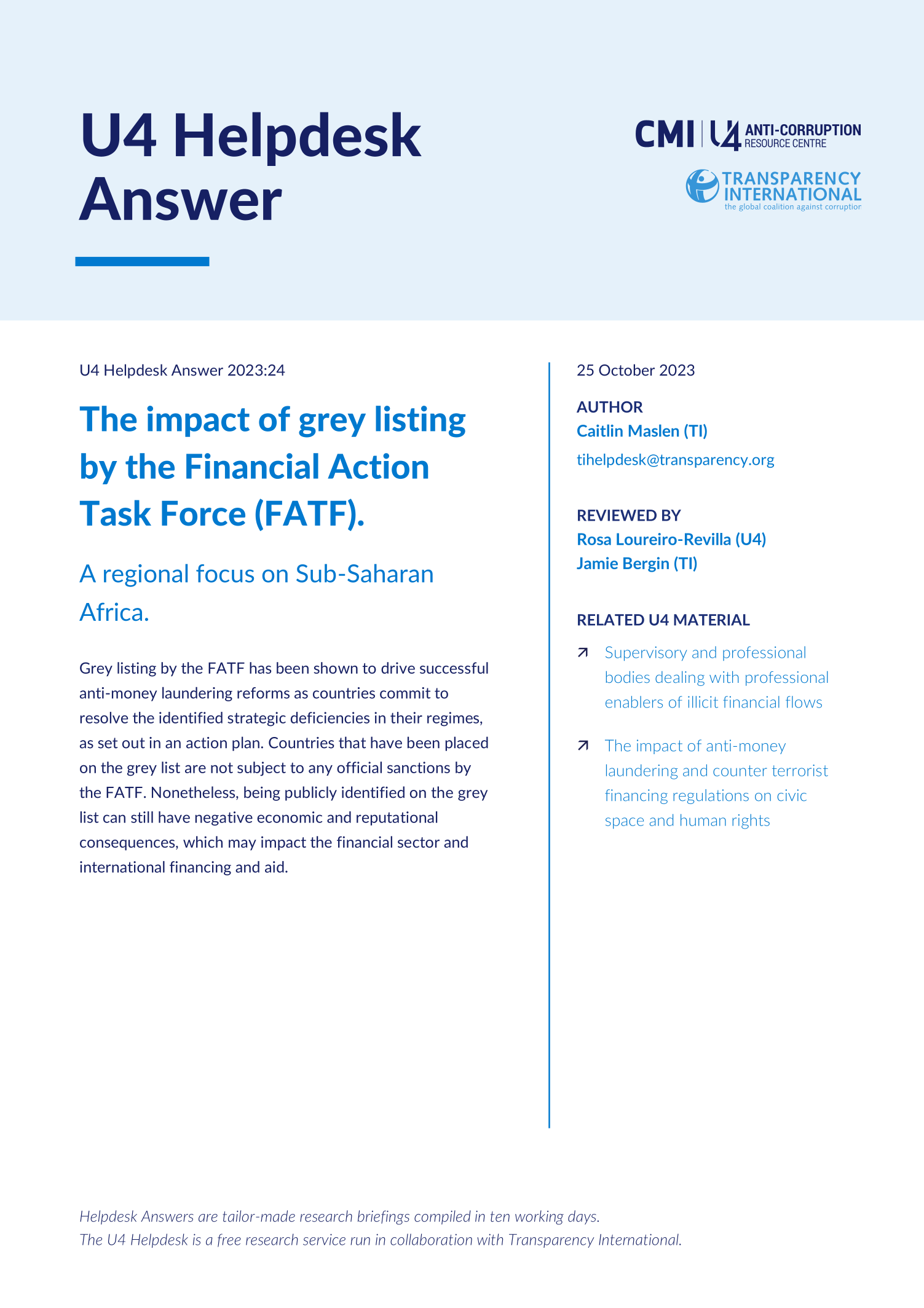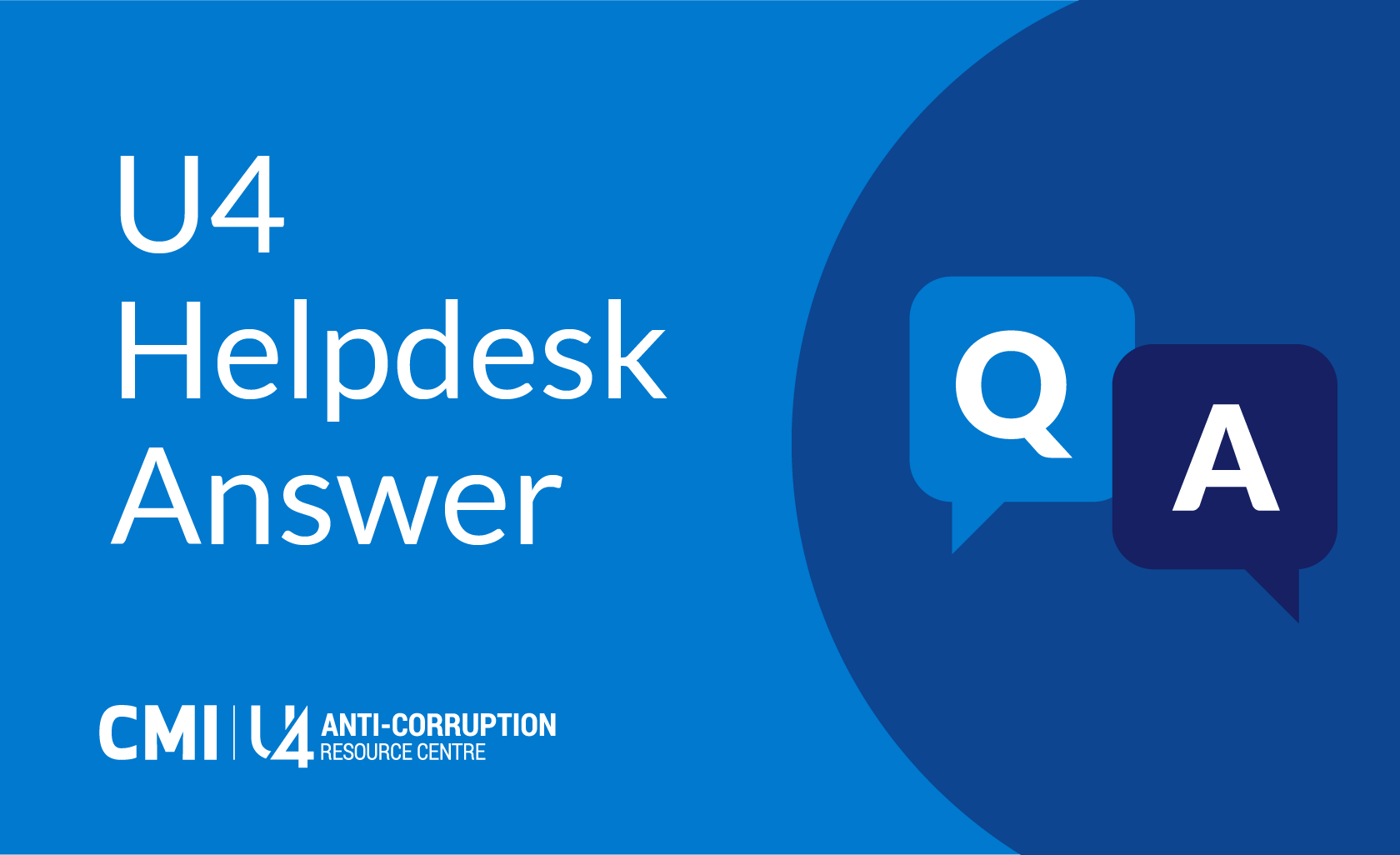Main points
- When a jurisdiction is grey listed by the FATF, this means they are actively working with the body to improve their AML/CFT regime. The FATF does not call for sanctions or enhanced due diligence as a result of grey listing.
- Most countries that are grey listed show political commitment to strengthening their AML/CFT regimes and many exit the grey list within five years.
- Grey listing may be perceived by other countries and jurisdictions as indicative of high ML/TF risks and thus trigger economic consequences, which can affect the grey listed country’s financial sector and result in a decrease in international financial assistance and aid due to de-risking, impacting lower income countries that my rely on overseas development assistance and foreign aid the most
- The most severe consequence of grey listing is that a continued non-compliant country may become black listed by the FATF, which does come with mandated sanctions and more serious reputational damage.


